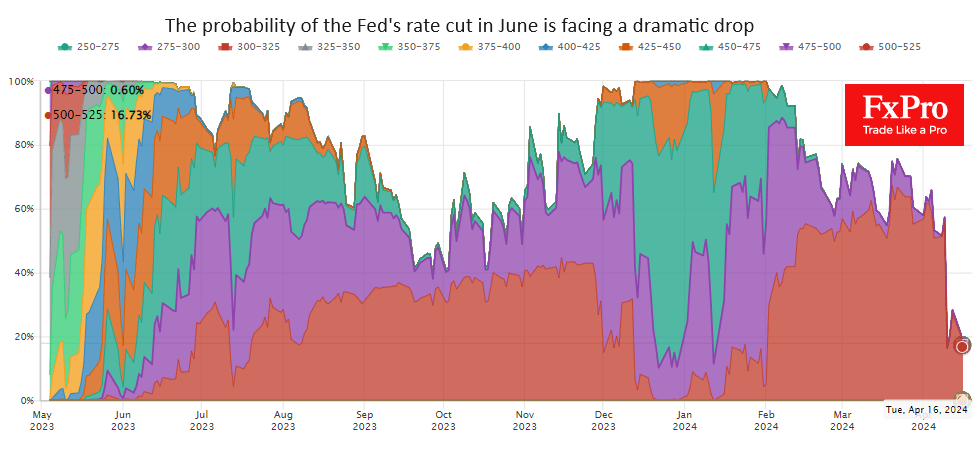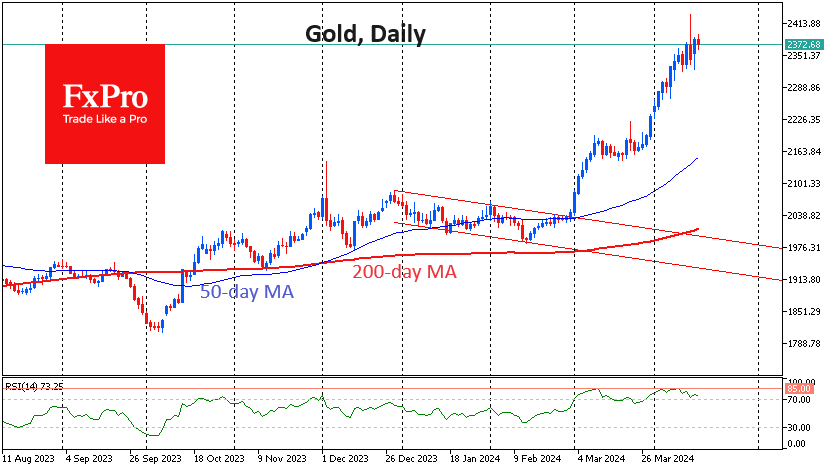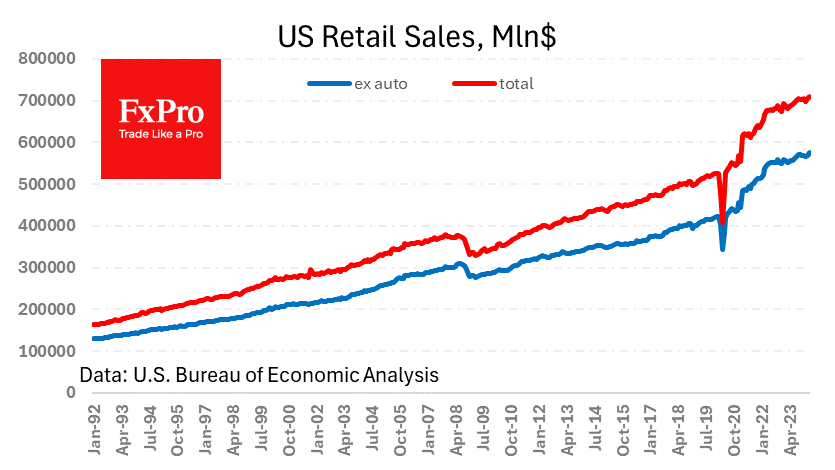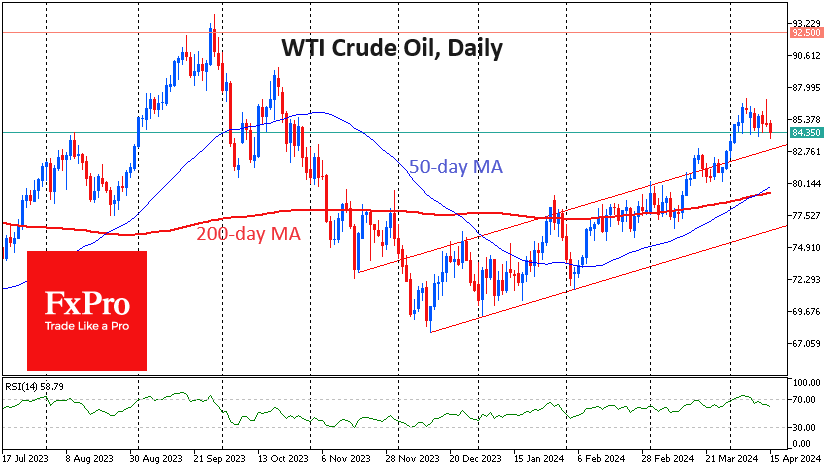Credit Suisse says Asian stocks will kick off an ‘earnings super-cycle’ in 2021
December 04, 2020 @ 11:06 +03:00
Asian stocks look set to outperform global markets next year as an “earnings super-cycle” is expected to kick off across the region, Credit Suisse said. The Swiss bank has forecast 19% in U.S. dollar returns for the MSCI Asia excluding Japan Index between now and the end of 2021, compared with 15% globally.
“Asia ex-Japan is our biggest overweight globally,” Dan Fineman, co-head of Asia-Pacific equity strategy at Credit Suisse, said in a webinar Thursday that discussed the bank’s 2021 outlook.
Fineman said growth in earnings-per-share or EPS — a widely used metric to estimate a company’s value — could be sustained in the “teens” for three to five years at least across the region. It will be driven by factors such as stabilizing economic growth and reduced tax pressure, he said. In addition, improving exports and appreciating currencies will also support Asian stocks, which are still under-owned by foreign investors, said Fineman.
Among Asian markets, Credit Suisse likes South Korea the most, forecasting an EPS growth of 43% in 2021. Fineman said Korean stocks are cheaper than their North Asian peers, and South Korea is home to major manufacturers of the so-called DRAM chips — a segment within technology that Credit Suisse likes. DRAM stands for dynamic random-access memory, and is a type of semiconductor memory chips used in devices such as laptops and smartphones.
Hong Kong, which the bank said has “the best real estate outlook” in the region and the lowest risk of policy moves that could suppress the property market. Singapore, which has a heavy presence of real estate and bank stocks — two of Credit Suisse’s current favorite sectors. China, with favorable factors such as further strengthening in the Chinese yuan, stabilizing trade relations with the U.S. under a Biden presidency, and recovery in inbound foreign direct investments.
Credit Suisse says Asian stocks will kick off an ‘earnings super-cycle’ in 2021, CNBC, Dec 4








